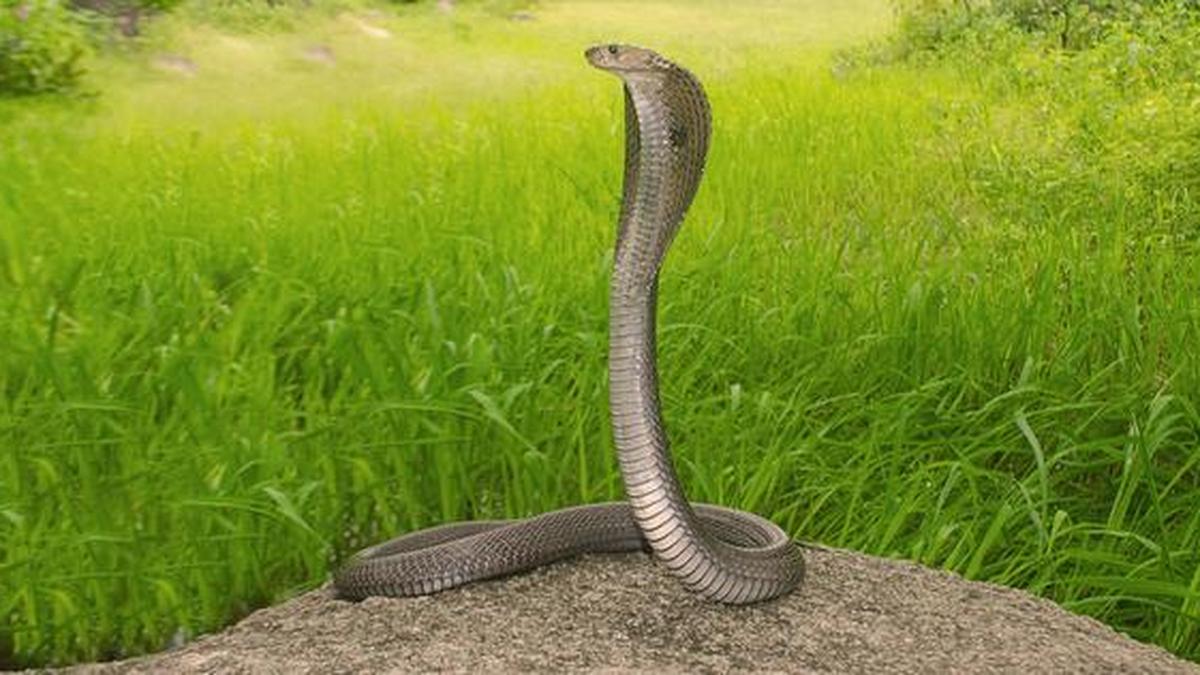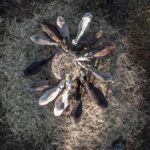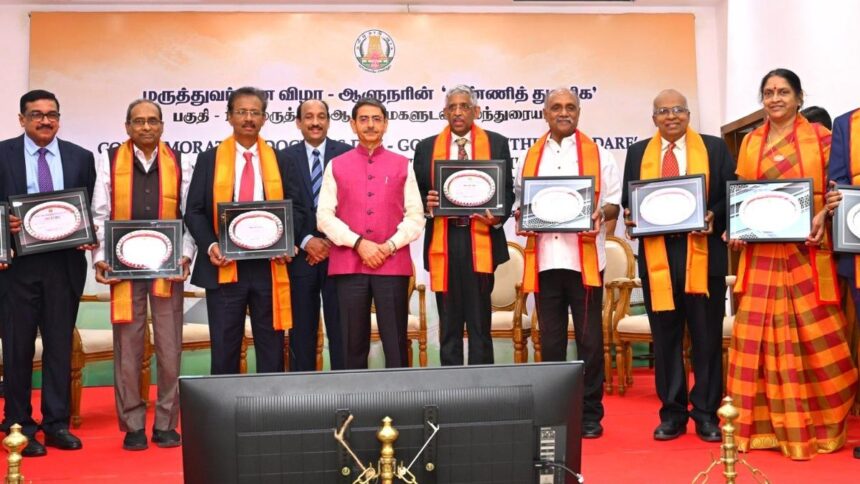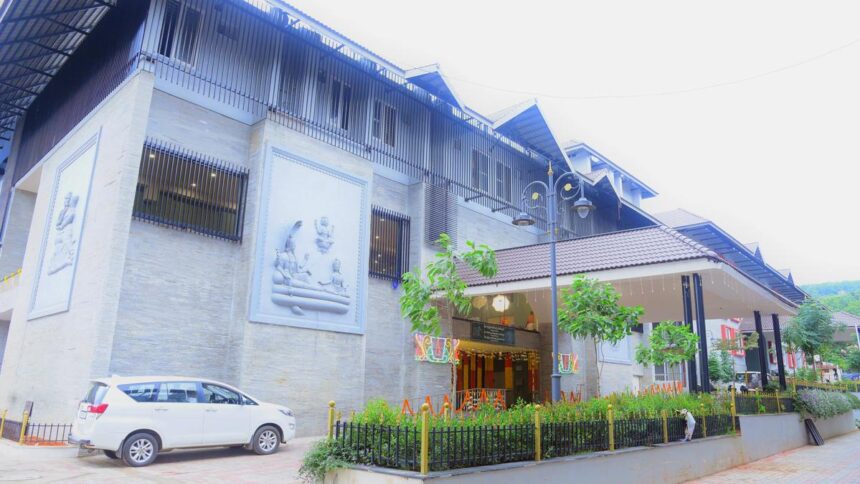
Common krait, spectacled cobra (in picture) is among the most poisonous snakes in the country. Image for representational purposes only.
| Photo Credit: Special Arrangement
GUWAHATI A team of zoologists and health specialists in Assam has recorded the first-ever cases of envenoming by dead monocled cobras and kraits.
Dead or freshly decapitated serpents such as rattlesnakes, copperheads, spitting cobras, and the Australian red-bellied black snakes have been known to inject venom, killing or maiming humans and other animals.
A study in the latest issue of Frontiers in Tropical Disease, an international journal, has established that cobras and kraits in India can inject venom even after three hours of death.

Zoologist Susmita Thakur, biotechnologist Robin Doley, anaesthesiologist Surajit Giri, and paediatricians Gaurav Choudhary and Hemen Nath are the authors of the study titled ‘Death to bite: A case report of dead snake envenoming and treatment’.
They cited three cases of post-death envenoming – two by monocled cobras (Naja kaouthia) referred to the Demow Rural Community Health Centre in eastern Assam’s Sivasagar and one by a lesser black krait (Bungarus lividus) referred to the Community Health Centre in southwestern Assam’s Boko.
All the victims were administered 20 vials of anti-snake venom and had to spend up to 25 days in hospital. The one bitten by the lesser black krait, dead for three hours, needed other medicines and ventilation support.
In the first case, a 45-year-old man in the Sivasagar district was bitten by a black monocled cobra he had beheaded for devouring chickens in a coop. The head of the snake struck while he was trying to discard the body.
The second victim from the same district was bitten when he checked out a monocled cobra crushed under the wheels of his tractor.
“These are the first such recorded cases of envenoming by dead cobras and kraits anywhere in the world,” Dr. Giri said.
“While the brains of warm-blooded mammals take 6-7 minutes after they are killed or beheaded, the slow metabolism of the cold-blooded snakes makes their brains remain active four to six hours after decapitation or death. They bite reflexively if anyone touches their head or neck,” he explained.
Published – August 20, 2025 06:49 am IST























